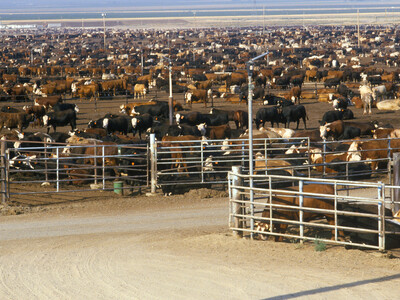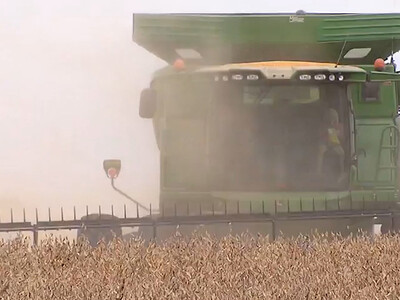Russia Joins WTO & Steady Growth For Veggies
Russia Joins WTO & Steady Growth For Veggies plus Food Forethought. I’m Greg Martin with today’s Northwest Report.
The U.S. fresh vegetable industry should be poised for slow steady growth over the next ten years. Gary Lucier, USDA economist, gives some reasons why he thinks imported fresh vegetables will grab a larger share of the U.S. market.
LUCIER: We are importing a lot more tropicals, things that we don’t grow here, people looking for new vegetables. Domestic production will continue to grow over the next 10 years as well but the trend is that as per capita use goes up in the United States, we’re seeing a lot of that growth and consumption being shared among both the domestic producer and import nations.
The World Trade Organization has accepted Russia into its membership. The agreement specifies that Russia should ratify within 220 days or by about July 22, 2012. Then Russia would become a member 30 days after it notifies the WTO of that ratification.
Ministers welcomed the agreement and the forthcoming membership of the last large economy to remain outside the WTO. Switzerland was credited for brokering an important deal between Russia and Georgia during the final stages of the negotiations.
Now with today’s Food Forethought, here’s Lacy Gray.
The NH2 hydrogen fuel cell tractor looks like something out of a transformer movie, you expect it to change at any moment into a smooth talking robot. Beyond its futuristic appearance the NH2 tractor was built to provide an alternative to fossil fueled farm machinery. Without going into a lot of techno speak, the NH2, thanks to its two electric motors and large hydrogen tank, has enough power to easily match that of a 120 hp diesel tractor. But how realistic is a hydrogen powered tractor? It’s not every farm that will be equipped and able to produce the hydrogen required by the NH2 on site. Plus the cost of a hydrogen tractor will be relatively high. Of course, if the NH2 went into mass production the cost would come down considerably, but it would probably still remain out of the financial reach of most farmers. While it’s all well and good that companies are working on alternative energy sources for farm machinery, perhaps it would be more beneficial for now to focus on using advanced biofuels that could be more easily acquired and transported than hydrogen fuel, which requires special high pressure containers for storage and shipping; proving itself to be quite costly.
Thanks Lacy. That’s today’s Northwest Report. I’m Greg Martin on the Ag Information Network.














